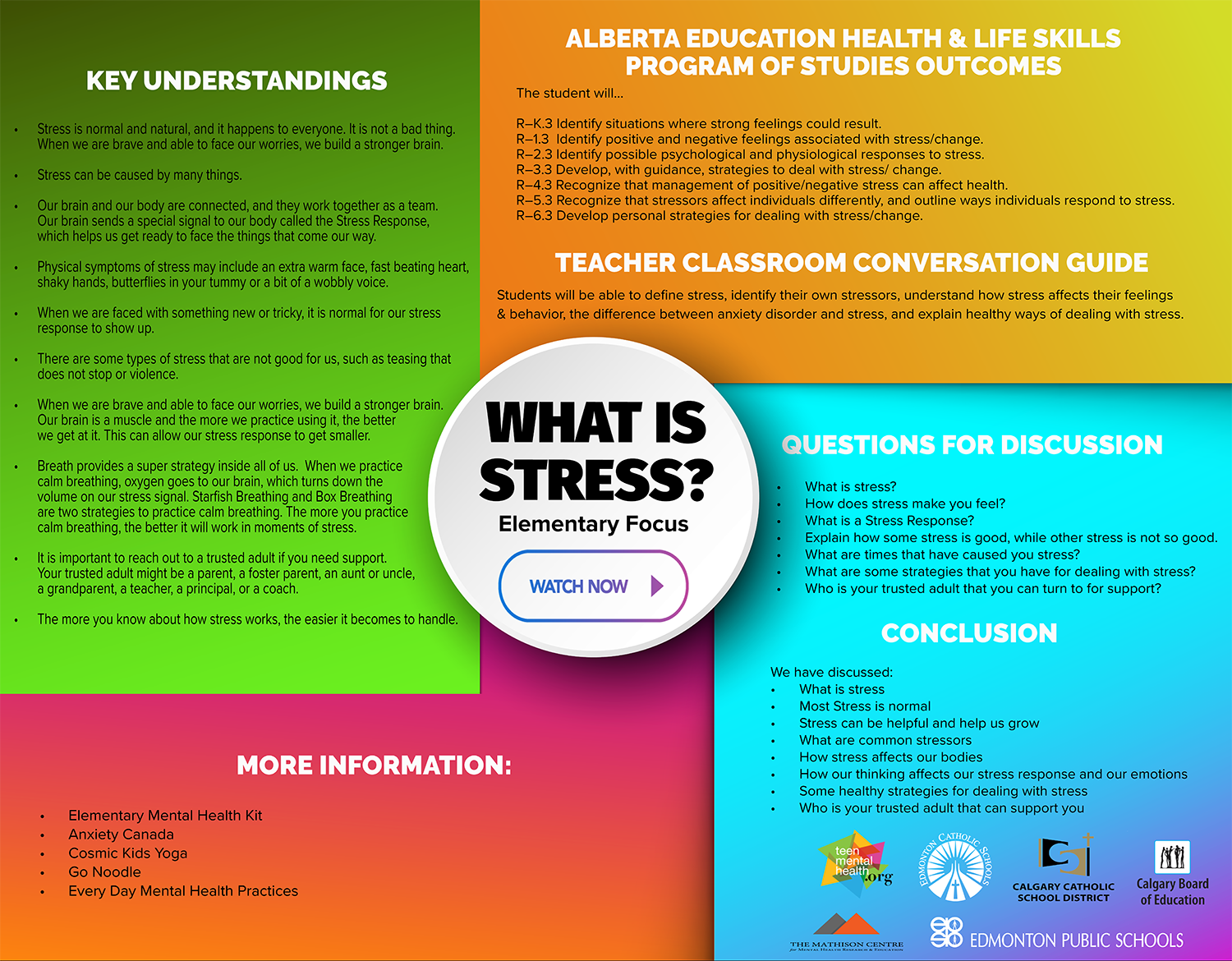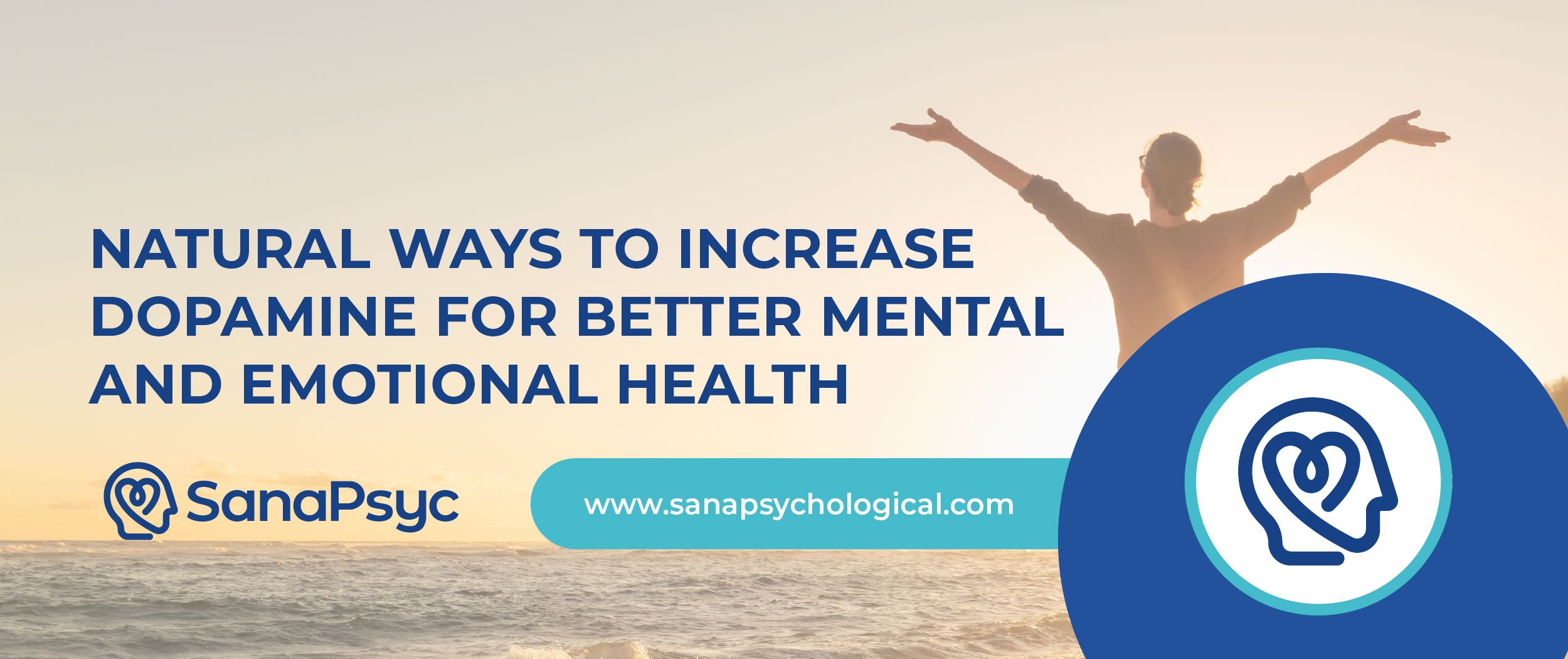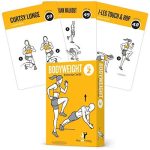Breathing exercises for mental health, with a Calgary naturopathic doctor, calm stress quickly.
If you want a simple, science-backed way to feel steady, this guide is for you. I work with breathing every day in practice. You will learn what works, why it works, and how to make it stick in Calgary’s unique climate. We will focus on breathing exercises for mental health calgary naturopathic doctor care, so you can build a plan you trust.

Why Breathing Changes How You Feel
Your breath is a remote control for your nervous system. Slow, steady breaths send a “safe” signal to your brain. Heart rate settles. Muscles soften. Thoughts quiet down. This is the parasympathetic response at work.
Here is the short science in plain words:
- Longer exhales turn on the rest-and-digest system.
- Diaphragm breathing improves oxygen use and reduces neck tension.
- A slower rate, about 5–6 breaths per minute, boosts heart rate variability (HRV), a marker linked to stress resilience.
- Better CO2 tolerance reduces panic and dizziness.
Studies show slow, paced breathing can reduce anxiety, improve sleep, and lift mood. Many people search for breathing exercises for mental health calgary naturopathic doctor support because the gains are real and the risks are low when done with care.

The Calgary Context: Altitude, Dry Air, and Fast Lives
Calgary sits at a higher altitude with dry air and big weather swings. Dry air can make nasal passages tight. Chinook winds can trigger headaches and poor sleep. Many of my patients also carry heavy workloads and long commutes.
These small shifts help a lot here:
- Breathe through your nose. It warms and moistens air and supports nitric oxide flow.
- Use a humidifier at home, especially in winter.
- Try gentle saline rinses if your nose feels blocked.
- Keep breaths low and quiet. Aim for belly, not chest.
- Practice indoors when smoke or pollen is high.
When people ask about breathing exercises for mental health calgary naturopathic doctor visits, I start by removing these local barriers. It makes each technique more effective.

Core Breathing Exercises You Can Start Today
These are the tools I teach most. They are simple, quick, and safe for most people. These breathing exercises for mental health calgary naturopathic doctor care plans often include one or more of the following.
1. Diaphragmatic (Belly) Breathing
How to do it:
- Place one hand on your chest and one on your belly.
- Inhale through your nose for 4 seconds. Belly rises.
- Exhale through your nose for 6 seconds. Belly falls.
- Repeat for 3–5 minutes.
Use it when you feel tense or have neck pain from shallow breathing.
2. Box Breathing (4-4-4-4)
How to do it:
- Inhale for 4.
- Hold for 4.
- Exhale for 4.
- Hold for 4.
- Repeat for 2–5 minutes.
Use it before a meeting or test. It sharpens focus and calms nerves.
3. Resonance Breathing (6 breaths per minute)
How to do it:
- Inhale for 5 seconds.
- Exhale for 5 seconds.
- Keep going for 5–10 minutes.
Use it daily to build stress resilience and improve HRV.
4. 4-7-8 Breathing
How to do it:
- Inhale through your nose for 4.
- Hold for 7.
- Exhale through your mouth for 8 with a soft whoosh.
- Repeat for 3–6 rounds.
Use it at night for sleep or when you feel wired.
5. Physiological Sigh (Double Inhale, Long Exhale)
How to do it:
- Inhale through your nose.
- Take a second short sip-inhale to top up.
- Exhale long and slow through the mouth.
- Repeat for 1–2 minutes.
Use it for sudden spikes of stress. It reduces breathlessness and panic.
6. Alternate Nostril Breathing
How to do it:
- Use your right thumb to close your right nostril. Inhale left.
- Close left with your ring finger. Exhale right.
- Inhale right. Close right. Exhale left.
- Continue for 3–5 minutes.
Use it to balance energy and focus. Great mid-afternoon reset.

A 10-Minute Daily Plan You Can Stick To
Here is a simple plan that fits busy days. A simple plan for breathing exercises for mental health calgary naturopathic doctor routines removes guesswork.
Morning
- 3 minutes resonance breathing (5 in, 5 out).
- 1 minute physiological sigh if you woke up tense.
Midday
- 2 minutes box breathing before calls or tasks.
Evening
- 3 minutes diaphragmatic breathing after work.
- 4-7-8 for 3 rounds before bed if needed.
Progress over 4 weeks
- Week 1: 5 minutes total, most days.
- Week 2: 7–8 minutes. Add a short evening session.
- Week 3: 10 minutes. Track sleep and mood.
- Week 4: Keep what works. Drop what you do not use.

How a Calgary Naturopathic Doctor Personalizes Your Plan
Personal care matters. Your breath pattern, sleep, stress, and health history guide the plan. A tailored path for breathing exercises for mental health calgary naturopathic doctor outcomes often includes:
Assessment
- Baseline rate, depth, and nose vs mouth breathing.
- Triggers like caffeine, screens, or pain.
- Health issues such as asthma, long COVID, or reflux.
Plan design
- One core daily practice.
- One “in the moment” tool for spikes.
- Weekly review with tweaks.
Whole-person care
- Sleep timing and light exposure.
- Gentle movement and posture work.
- Nutrition to support calm blood sugar.
- Referral to therapy or medical care when needed.
Important note: Breathing supports mental health care. It does not replace therapy, medication, or crisis care.

Evidence Snapshot: What Research Says
A growing body of research supports slow, nasal, and paced breathing for mood and stress:
- Slow breathing around 6 breaths per minute improves HRV and reduces anxiety scores.
- Two to five minutes of controlled breathing can lower acute stress in lab and real-world settings.
- Daily “cyclic sighing” improved mood and reduced respiratory rate in adults.
- Alternate nostril breathing and diaphragmatic breathing show benefits for attention and sleep quality.
- 4-7-8 and box breathing have smaller but useful evidence for short-term calm.
Research backs using breathing exercises for mental health calgary naturopathic doctor programs, yet methods are not one-size-fits-all. Start light, track how you feel, and adjust with a trained clinician if needed.

Real Stories From Practice in Calgary
These short stories are from my clinic. Names and details are changed.
Case 1: The overwhelmed student
- We used resonance breathing for 5 minutes at lunch.
- Panic reduced from daily to once a week in 3 weeks.
- The key win was a bedtime phone cut-off and 4-7-8 on tough nights.
Case 2: The busy parent with poor sleep
- We paired diaphragmatic breathing with a short evening walk.
- Sleep rose from 5 to 6.5 hours within a month.
- A humidifier and nasal rinse boosted results in dry months.
Case 3: The professional with test anxiety
- Box breathing before meetings and a physiological sigh in elevators.
- Reported clearer speech and fewer racing thoughts.
- Practice time was under 6 minutes a day.
In my clinic, breathing exercises for mental health calgary naturopathic doctor goals often start small. Less is more. Make it easy and repeatable, and the gains last.

Troubleshooting and Safety
Most people do well with gentle practice. Still, listen to your body.
Common mistakes
- Forcing big breaths. Keep them soft and low.
- Going too fast. Slow is the path.
- Mouth breathing only. Use your nose if you can.
If you feel lightheaded
- Stop and rest. Breathe normal until steady.
- Next time, shorten holds and reduce session length.
Special notes
- Asthma, COPD, long COVID: Start with short, nasal, low-intensity sets. Clear with your provider.
- Pregnancy: Avoid long breath holds. Choose calm, steady nasal breathing.
- PTSD or trauma: Work with a trained therapist. Keep eyes open and practice with support.
If breathing exercises for mental health calgary naturopathic doctor practice makes you dizzy, numb, or very anxious, pause and get guidance. Seek urgent care for chest pain, severe shortness of breath, or fainting.

Tools and Resources in Calgary
These supports make practice easy and fun.
Apps
- Insight Timer for guided breath tracks.
- Breathwrk or Othership for short, clear sessions.
- HRV-based apps for resonance pacing.
Simple gear
- A nasal saline rinse kit.
- A small humidifier for winter.
- A journal to track mood, sleep, and practice time.
Local spaces
- Bow River pathway for gentle walks and breath.
- Nose Hill Park or Fish Creek for quiet practice.
- Indoor spots on poor air days.
For breathing exercises for mental health calgary naturopathic doctor support, try short, guided sessions first. Then move to self-led practice you can do anywhere.
Frequently Asked Questions of breathing exercises for mental health calgary naturopathic doctor
What are the best breathing exercises for anxiety?
Diaphragmatic breathing and resonance breathing are great starts. The physiological sigh also helps during sudden spikes of stress.
How often should I practice to see results?
Aim for 5–10 minutes a day. Most people feel calmer within one to two weeks.
Can I overdo breathwork?
Yes, especially with long holds or forceful techniques. Start gently, keep sessions short, and stop if you feel dizzy or unwell.
Will breathing exercises replace therapy or medication?
No. They are a strong add-on to care. Work with your therapist or doctor to build a safe plan.
What are the best breathing exercises for mental health calgary naturopathic doctor can teach?
Resonance breathing, 4-7-8, and box breathing are common and safe. The right choice depends on your goals, health, and daily routine.
Is mouth taping safe in Calgary’s dry air?
It can help nose breathing during sleep, but dryness is a concern. Talk to a clinician and hydrate your space before trying it.
Conclusion
Your breath is a simple, steady tool you carry everywhere. With a few minutes a day, you can ease stress, sleep better, and feel more clear. Stay consistent with breathing exercises for mental health calgary naturopathic doctor guidance, and you will see gains that last.
Ready to start? Pick one technique, set a 5-minute timer, and track how you feel for a week. Want more support? Subscribe for updates, explore our resources, or book a consult to build your custom plan.





